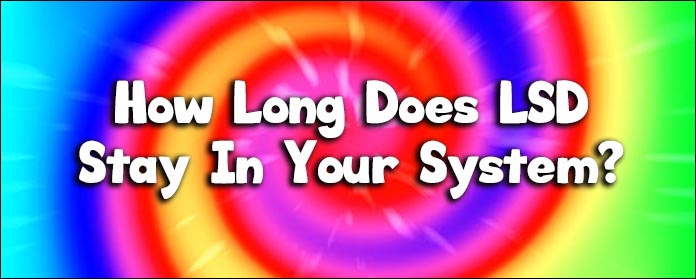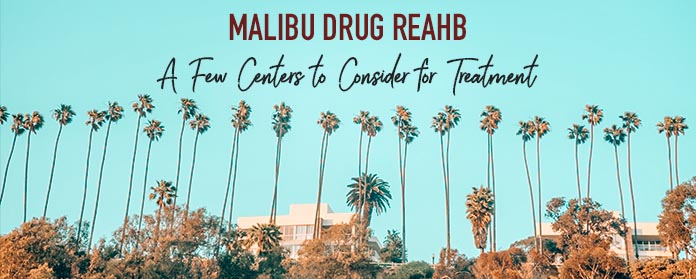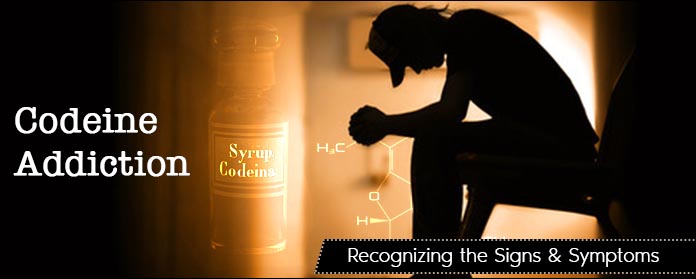Can you get addicted to LSD? LSD, or lysergic acid diethylamide, is the psychedelic drug used by famous people such as the Beatles and Steve Jobs.
LSD takes you on a “trip” that’s almost like an otherworldly experience.
If you’re on a job search and dabble in the occasional acid trip, you may be wondering if an employer can detect LSD in your system. This question is more complex than you may think.
So, how long does LSD stay in your system? Continue reading and find out everything you need to know.
[toc]
What Is LSD?
LSD, also known by the street name “acid,” offers a spiritual experience and not an addictive euphoric one.
An LSD trip helps you gain a better understanding of yourself and enhances creative thinking. It’s also led to some incredible discoveries such as the double-helix DNA structure.
Beatles member Paul McCartney describes an LSD trip as “…you certainly weren’t the same again. You certainly had insights into what life might be.”
This is why many believe LSD has more benefits than disadvantages. LSD is used by some as a treatment for alcoholism, anxiety, and pain management. Even though LSD is considered a Schedule I drug, it’s the least addictive of them all.
Even with these studies, many people still believe LSD isn’t safe. That’s because of the psychedelic LSD trip.
The LSD Trip
LSD breaks down many filters and things we don’t see in our day-to-day lives. A popular myth is we only use 10% of our brains; this isn’t true, but LSD does expose us to a world we typically don’t experience.
The LSD user is exposed to a tremendous amount of information, which could have both positive and negative results. This is why the user experiences hallucinations.
These hallucinations can be visual, auditory, and can even bring some emotional cues.
Everyone experiences a different LSD trip. Overall, many LSD users describe a trip as a spiritual and sometimes out of the body experience.
Those who experience positive LSD effects experience an eye-opening and sometimes life-changing experience. Others become fearful of their trip and the hallucinations they experience.
Some experience the mind-opening and creative enhancements that famous people such as Francis Crick and the Beatles troupe experienced. Others experienced intense anxiety and hallucinations, commonly called a “bad trip.”
Your trip depends on many factors such as your tolerance, your weight, your dosage, your physical and mental health, and even the environment you’re in and the people you’re with.
The more you use LSD, the more you become used to your trip and start enjoying it more.
This trip can last between six and 12 hours. You start feeling the effects of LSD between 20 minutes and two hours after taking LSD.
LSD Side Effects
Even though your trip lasts a few hours, you could experience symptoms for several days. These include:
- Concentration problems
- Increased anxiety
- Confusion
- Depression
- Flashbacks
- Fear and paranoia
- Suicidal thoughts
You can even experience these symptoms during your trip and nearing the end of your trip.
How Long Does LSD Stay in Your System?
This question isn’t easy to answer. For the most part, LSD leaves your body pretty quickly, especially compared to other substances such as marijuana. But you can still detect LSD in certain areas, even months after your trip.
Here’s a closer look.
Your Blood
LSD leaves your bloodstream almost immediately after your trip ends. Your body can even dispose of half of the LSD even during your trip. The rest leaves your bloodstream slowly, but the exiting process is immediate.
In total, it takes between six and 12 hours for LSD to leave your bloodstream.
Your Urine
LSD leaves your urine in an even shorter amount of time. It’s estimated LSD lasts in your urine for only eight hours after ingesting it. After LSD breaks down, it exits your urine.
There may be small traces in your urine for up to five days after your trip, depending on your dosage.
Your Hair
You can detect LSD in your hair for the longest. It’s estimated LSD traces are in your hair for three months after your trip.
Fortunately for most, LSD hair testing is uncommon. This is because a specific method is needed to detect LSD: gas chromatography/mass spectrometry and high-performance liquid chromatography.
In addition, finding LSD in your hair doesn’t mean you tripped within the last 90 days. For example, LSD from your urine can attach to pubic hair. The traces can be found much longer after all LSD left your system.
What About Your Spine?
A long-standing myth is LSD stays in your spine forever. This myth was busted in 1989. Researchers tested LSD effects on mice and found no traces of LSD in their spinal cords.
The Brain
The most dangerous way LSD can persist is in the brain.
Long-term LSD use can result in a condition called hallucinogen persisting perception disorder. This is a form of brain damage, causing the individual to experience hallucinogenic flashbacks.
This disorder can last for years, and, in rare cases, for the rest of your life.
One of the most well-known examples of this is former Pink Floyd vocalist and guitarist Syd Barrett, who developed a mental illness due to long-term LSD use and was let go from the band in 1968.
While many famous people had wonderful LSD experiences, LSD also negatively affected the lives of many famous people.
LSD Can Be Eye-Opening But Dangerous
Famous people such as Paul McCartney described a life-changing LSD trip but others such as Pink Floyd member Syd Barrett suffered brain damage until his death.
While we’re not living in the rock n’ roll era of the 1960s, our youth culture still dabbles in LSD to this day.
While LSD isn’t as addictive or dangerous of a substance as other drugs, it’s still important to know vital facts such as the side effects and how long it stays in your body.
So, how long does LSD stay in your system? Even though LSD leaves your body quickly and is hard to detect, the damages can last several days or even years.
Can someone get addicted to LSD? Read our drug addiction section and understand the effects of drugs.





